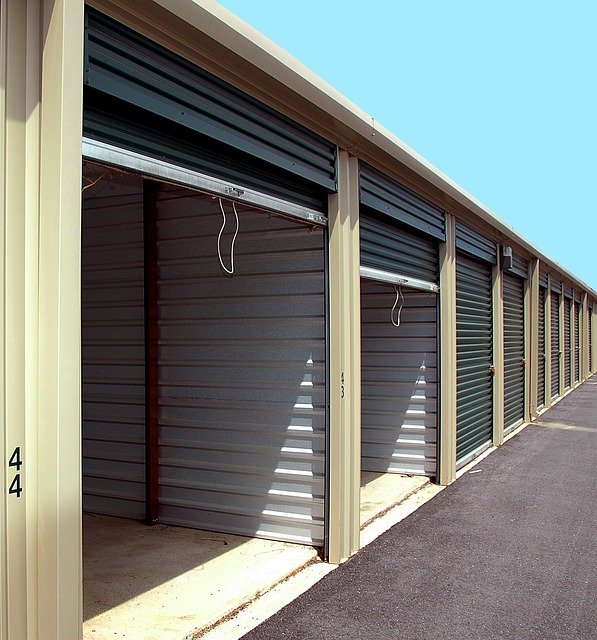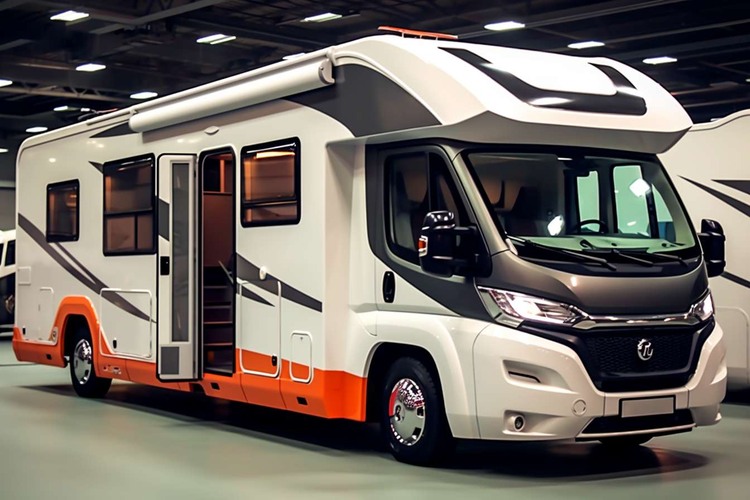Guide to Renting a Garage: Options and Practical Tips
Renting a garage can be a practical solution for vehicle storage, small-scale workshop use, or extra space for household items. Whether you need a single secure bay in an urban area or a larger unit in a suburban estate, understanding the different options, legal considerations, and typical costs will help you choose an arrangement that fits your needs. This guide outlines the common types of rental garages, how to evaluate location and access, insurance and security issues, general cost benchmarks, ways to find local services, and basic upkeep considerations to keep the space functional and compliant.

Types of garages available for rent
Garages for rent come in several common forms: single bays in residential blocks, lock-up units in industrial estates, sectional units in storage parks, and on-street converted garages behind properties. Single bays are often best for long-term vehicle storage. Lock-up units can suit workshop use or storing larger items. Storage-park units typically offer managed access and sometimes climate control. Consider whether you need drive-in access, internal height for taller vehicles, or a power supply, since these features affect usability and price.
How to assess location, size and access
Location affects convenience and security. Proximity to your home or workplace reduces travel time; units in industrial areas may be cheaper but less convenient. Confirm the internal dimensions (length, width, height) and check door opening types—roller shutter, up-and-over, or side-hinged—against the vehicle or equipment you plan to store. Look at turning radius, approach road quality, and parking availability outside the unit. If you need regular access after hours, check gate opening times, key or fob arrangements, and any access restrictions imposed by the landlord or site manager.
Legal, insurance and security considerations
Before signing a rental agreement, confirm who holds responsibility for maintenance, repairs, and security features such as lighting or CCTV. Read the tenancy or licence carefully to identify permitted uses; some landlords prohibit commercial activities or vehicle repairs. Insure stored items and vehicles—standard home insurance may not cover goods kept in an external garage. Check local regulations for waste disposal and noise if you plan workshop activities. Good security measures include robust locks, alarms, and documented site patrols; request evidence of these where possible.
Typical costs and payment terms for garage rentals
Garage rental costs vary widely based on location, size, and amenities. In urban centres or high-demand areas, monthly rents tend to be higher; more remote or industrial locations are usually less expensive. Contracts may be monthly rolling, quarterly, or fixed-term, and some landlords require a deposit and references. When comparing offers, account for additional fees such as utilities, service charges, or site management costs. Prices, rates, or cost estimates mentioned in this article are based on the latest available information but may change over time. Independent research is advised before making financial decisions.
Practical tips for finding local services and managing the rental
Search for listings from established letting agents, commercial property sites, and local classified services. When viewing units, take photographs, measure carefully, and test access at the times you will use the space. Ask about the landlord’s process for handling disputes and repairs. Keep documentation of the state of the garage at move-in (a written inventory and photos) to avoid deposit disputes. If you need utilities, confirm meter arrangements and any submetering for electricity. For workshop use, verify that the power supply is adequate for tools and that the site permits the intended activities.
Maintenance, utilities and ending a rental
Understand routine maintenance responsibilities—who clears drains, repairs the door, or replaces lighting. Regularly check seals and drainage to prevent damp and inspect the floor for fuel or chemical spills if you store vehicles or solvents; proper containment and disposal are important for safety and compliance. When the tenancy ends, return the unit in the agreed condition to ensure the deposit is refunded. Clarify notice periods and any reinstatement obligations in writing to avoid unexpected charges at the end of the agreement.
Conclusion
Choosing the right garage to rent involves balancing location, size, permitted use, security and cost. Careful inspection, clear documentation of terms, and appropriate insurance can reduce risk and ensure the space meets your requirements over the rental period.



